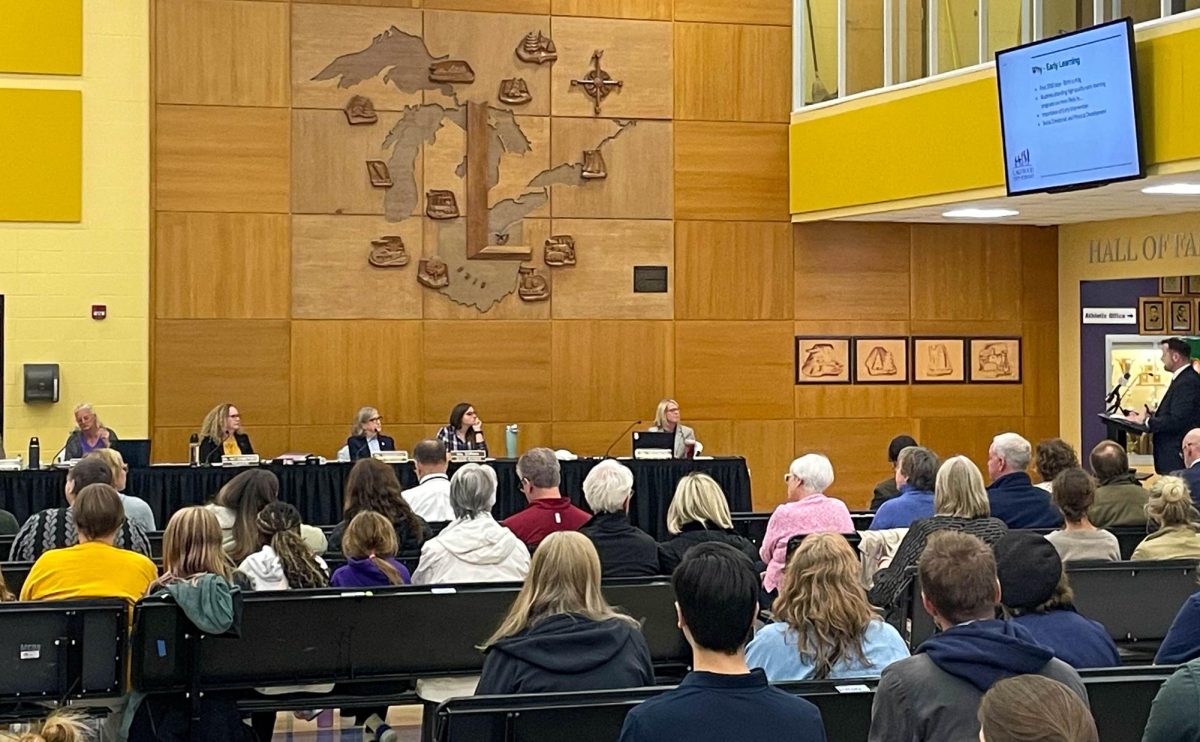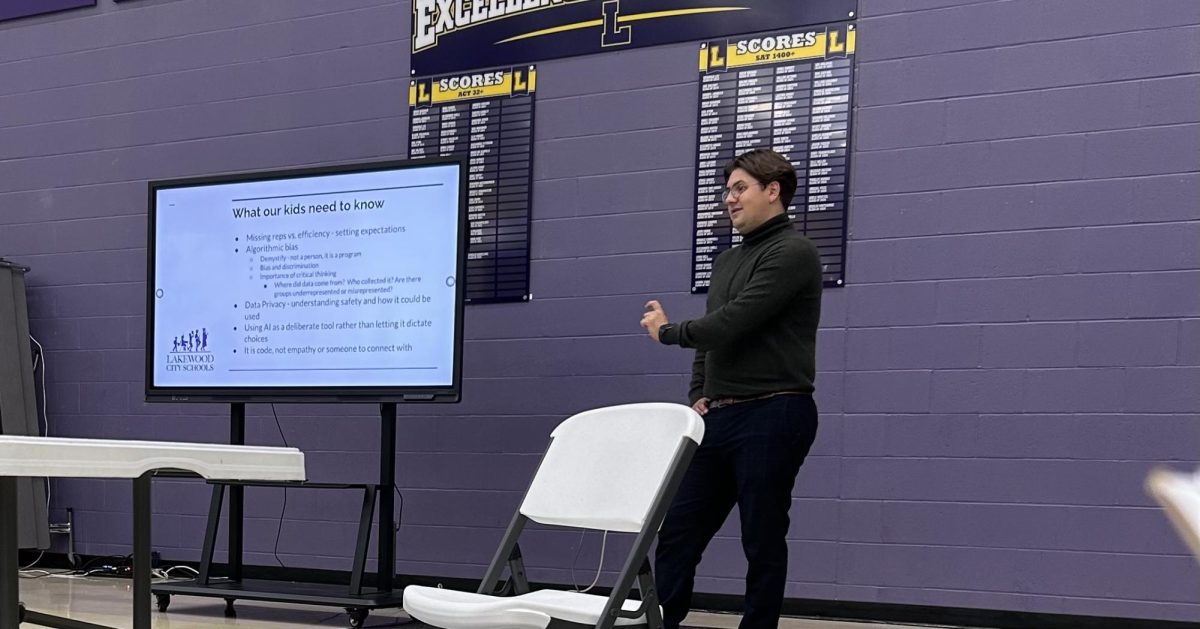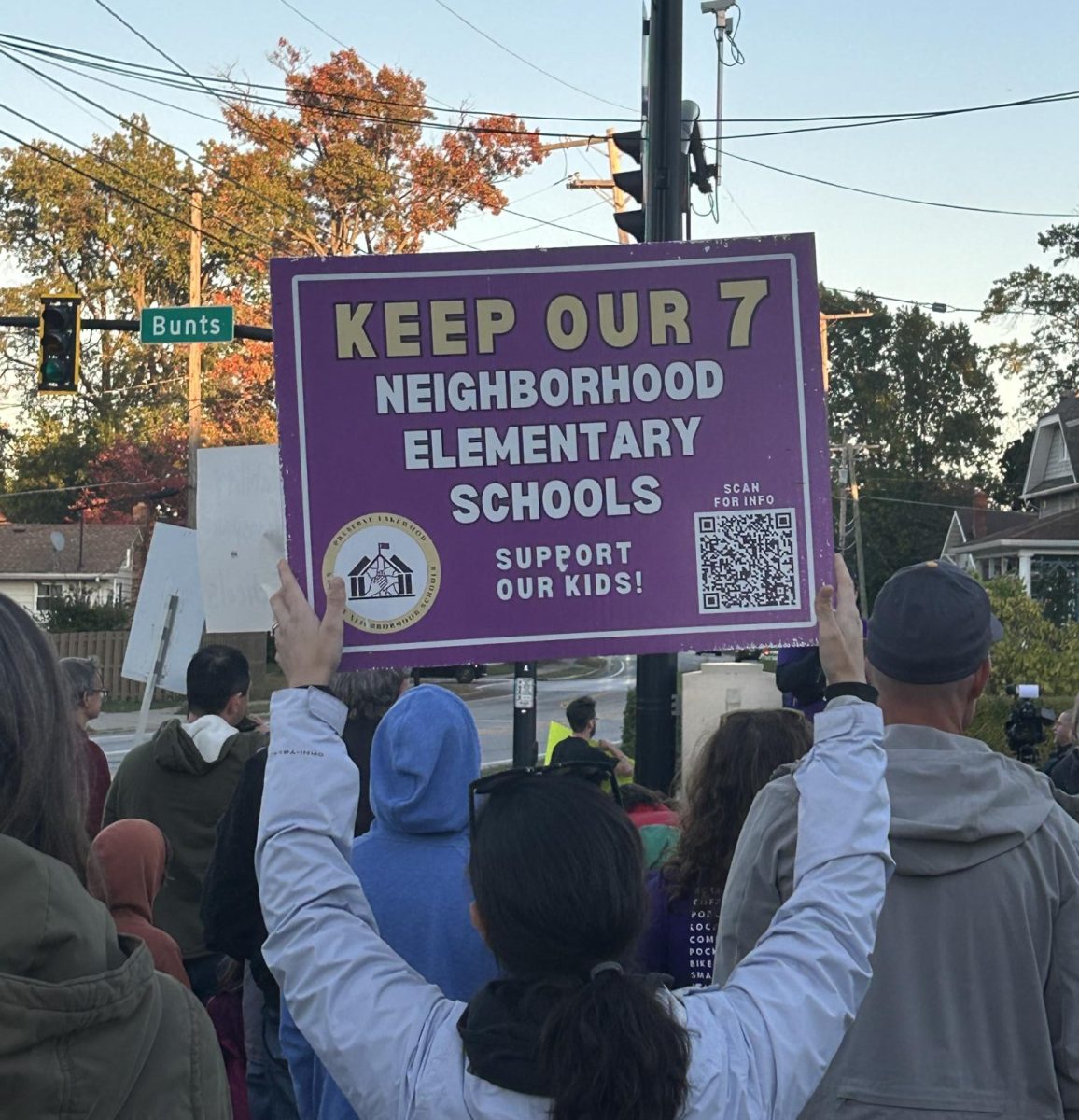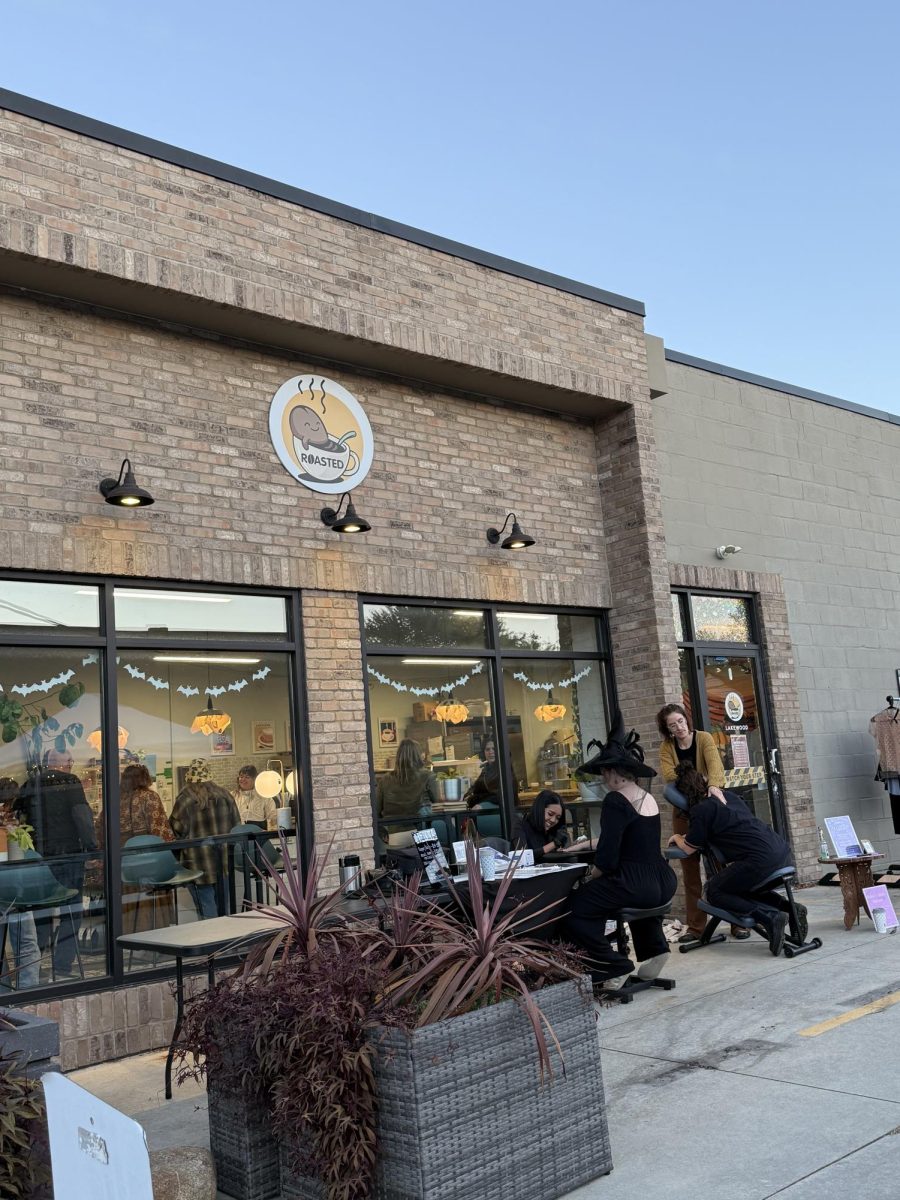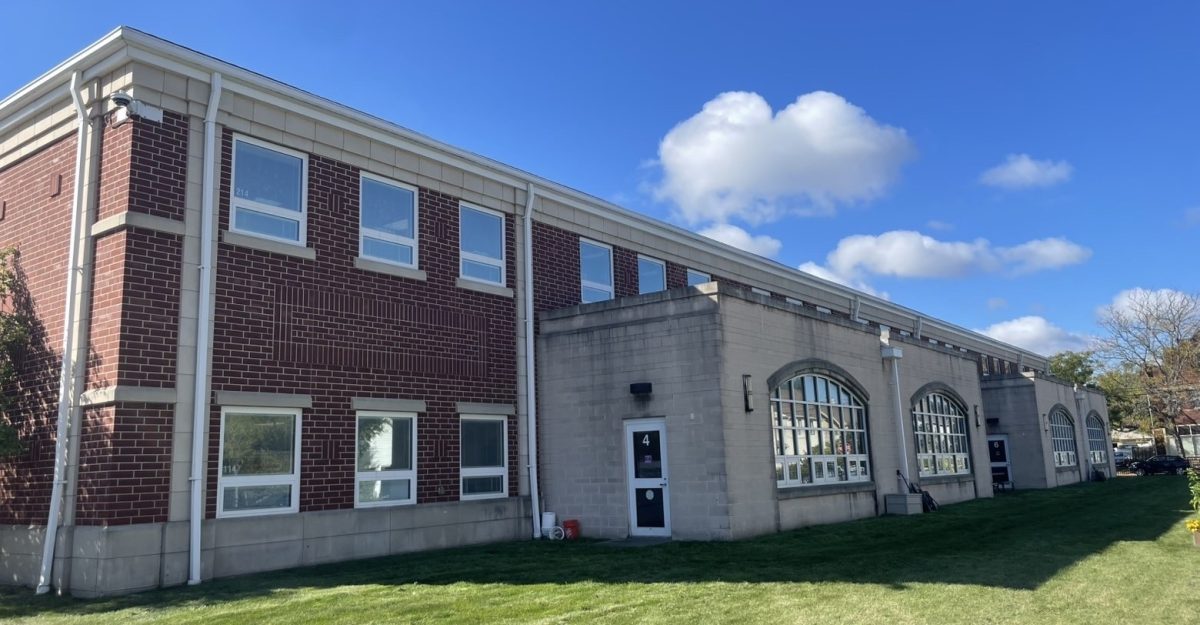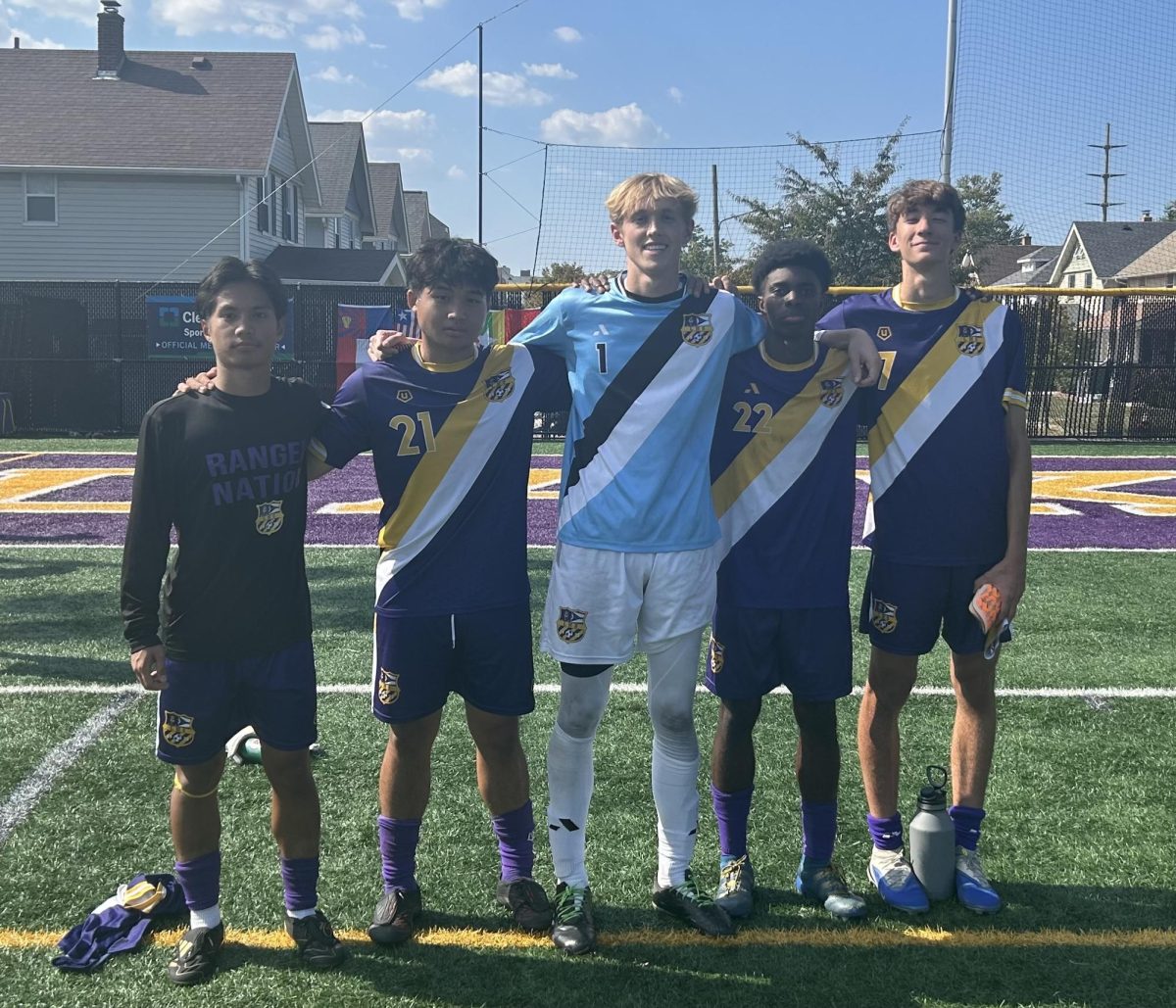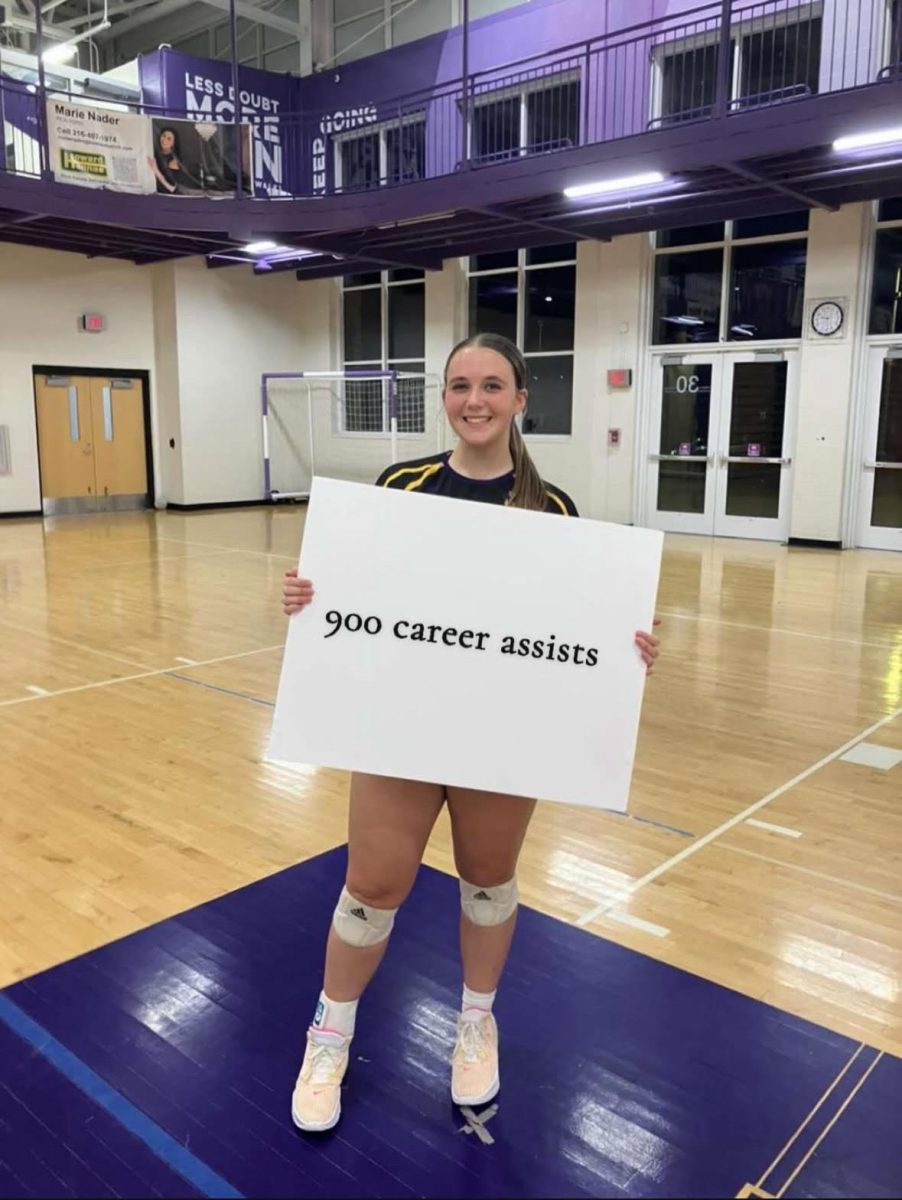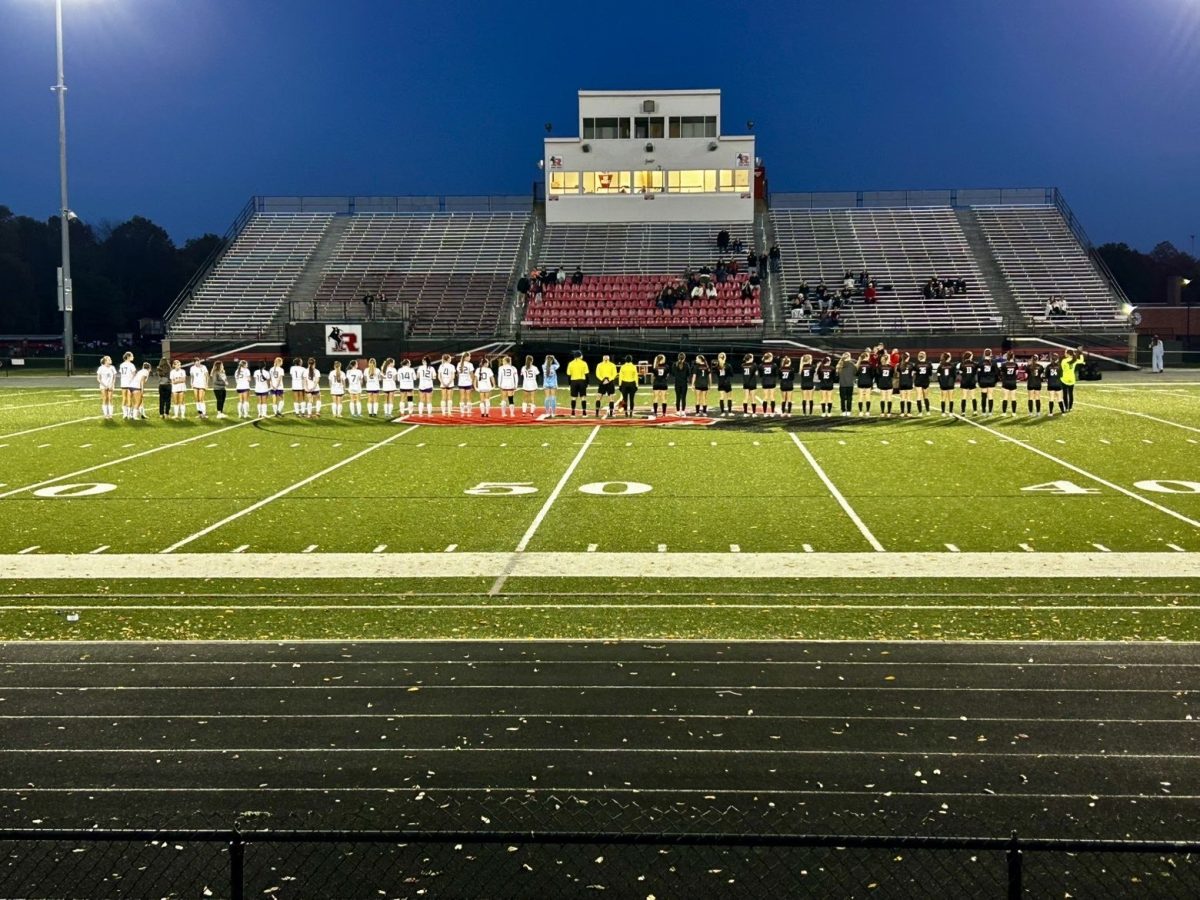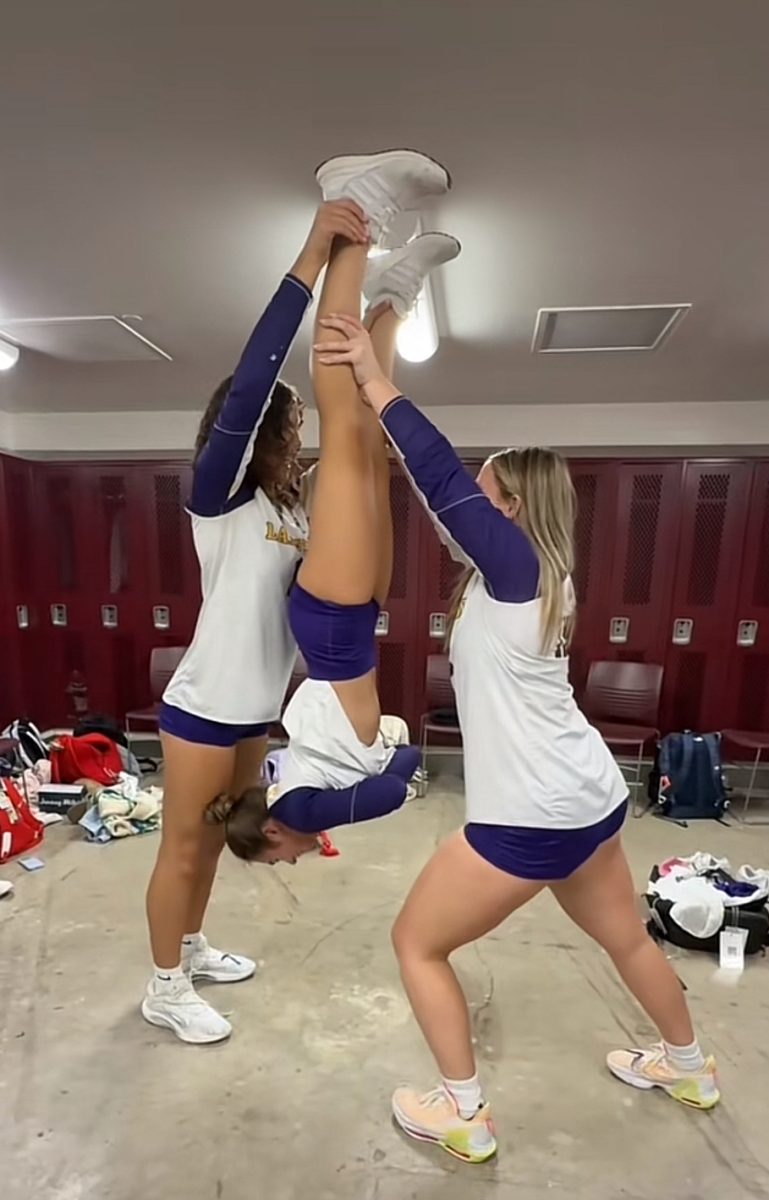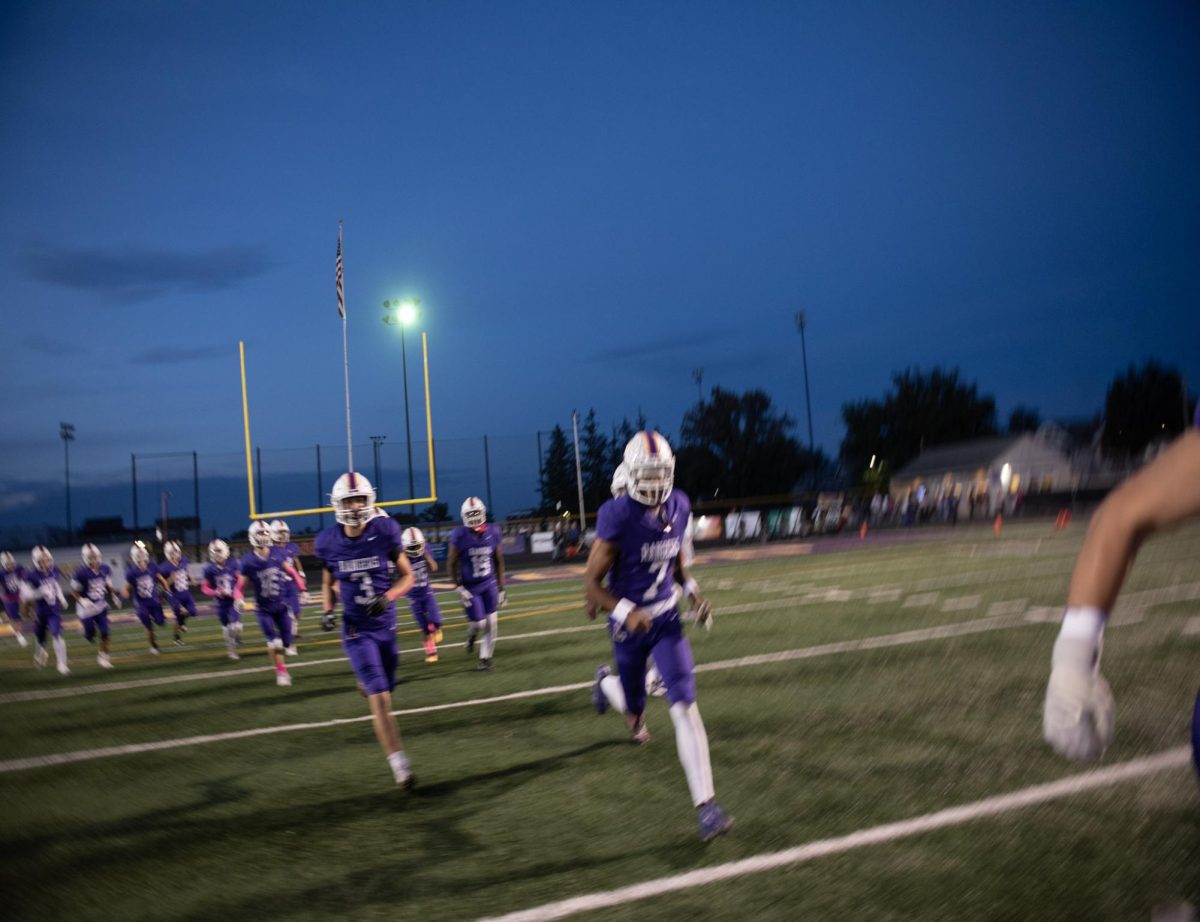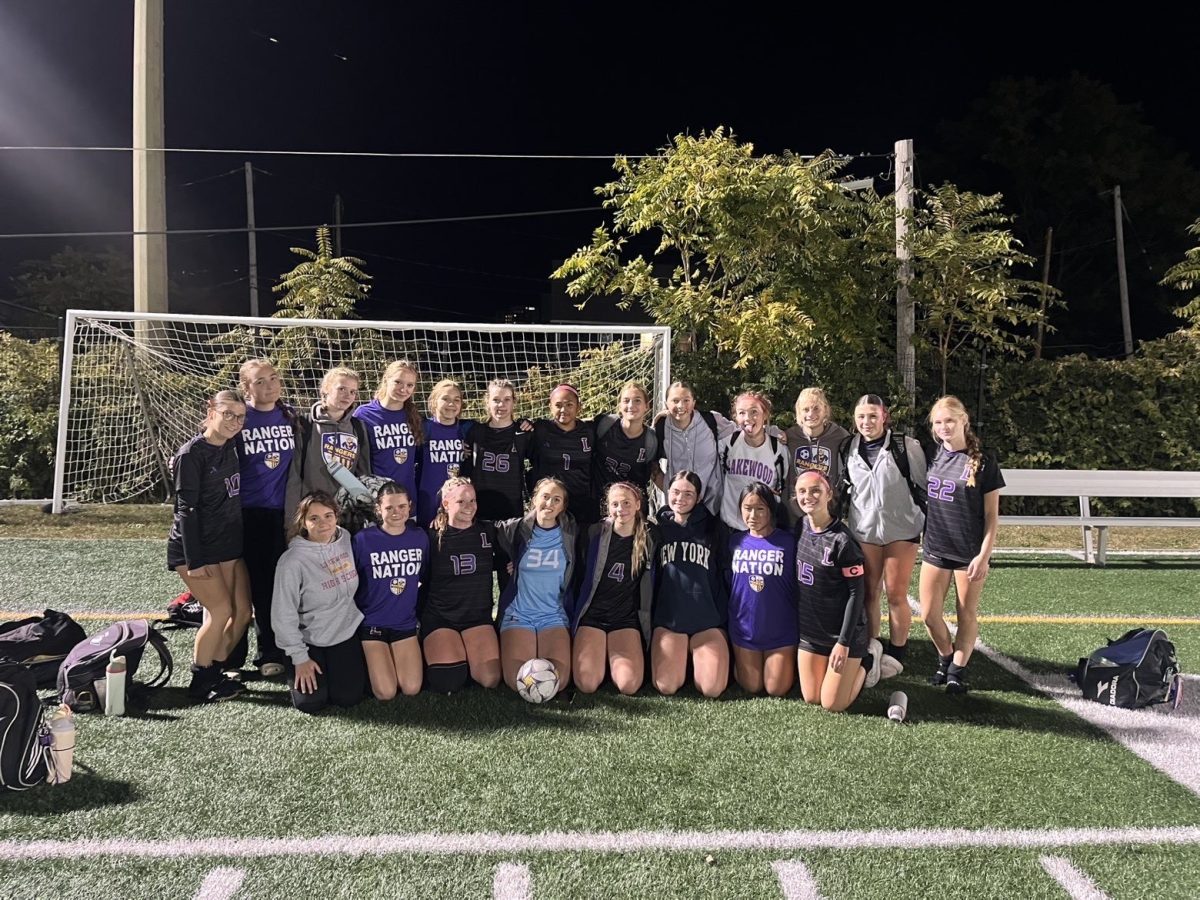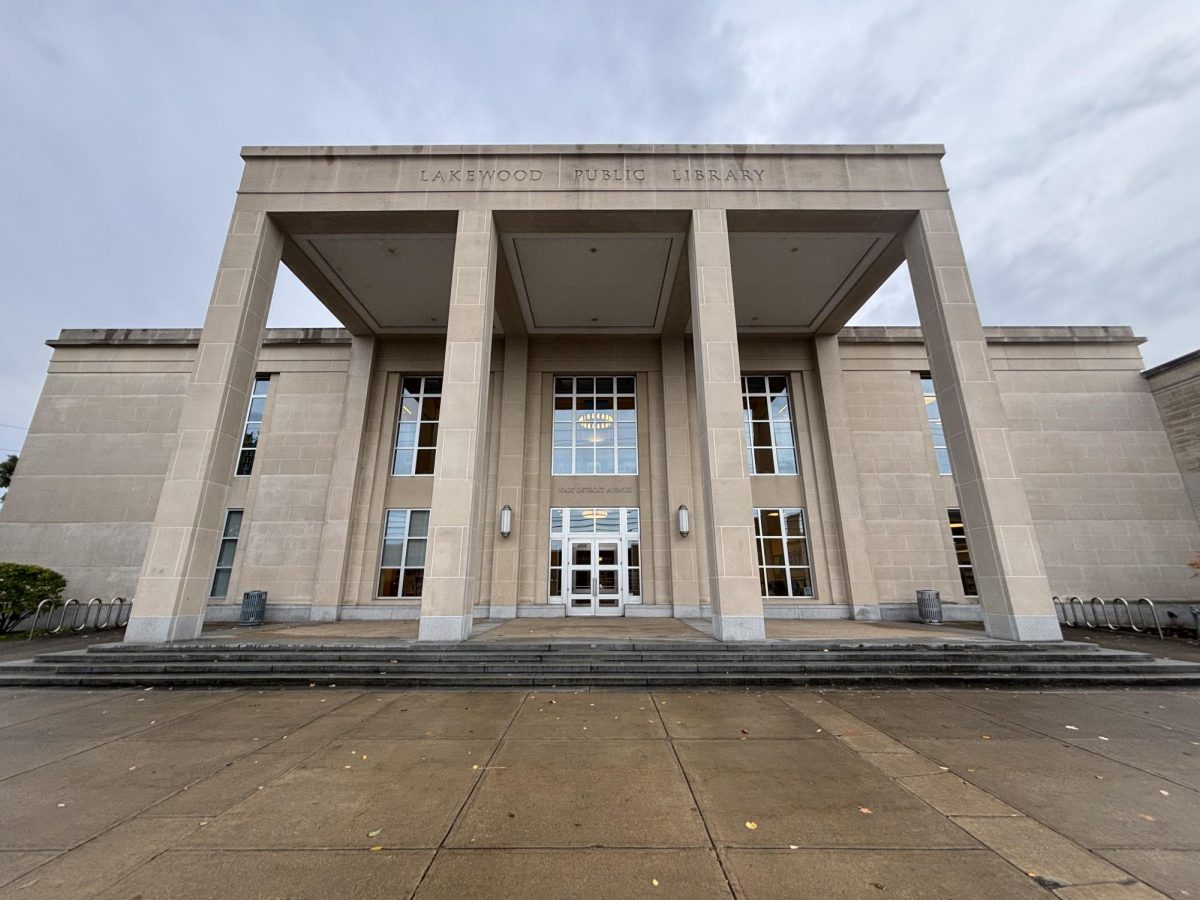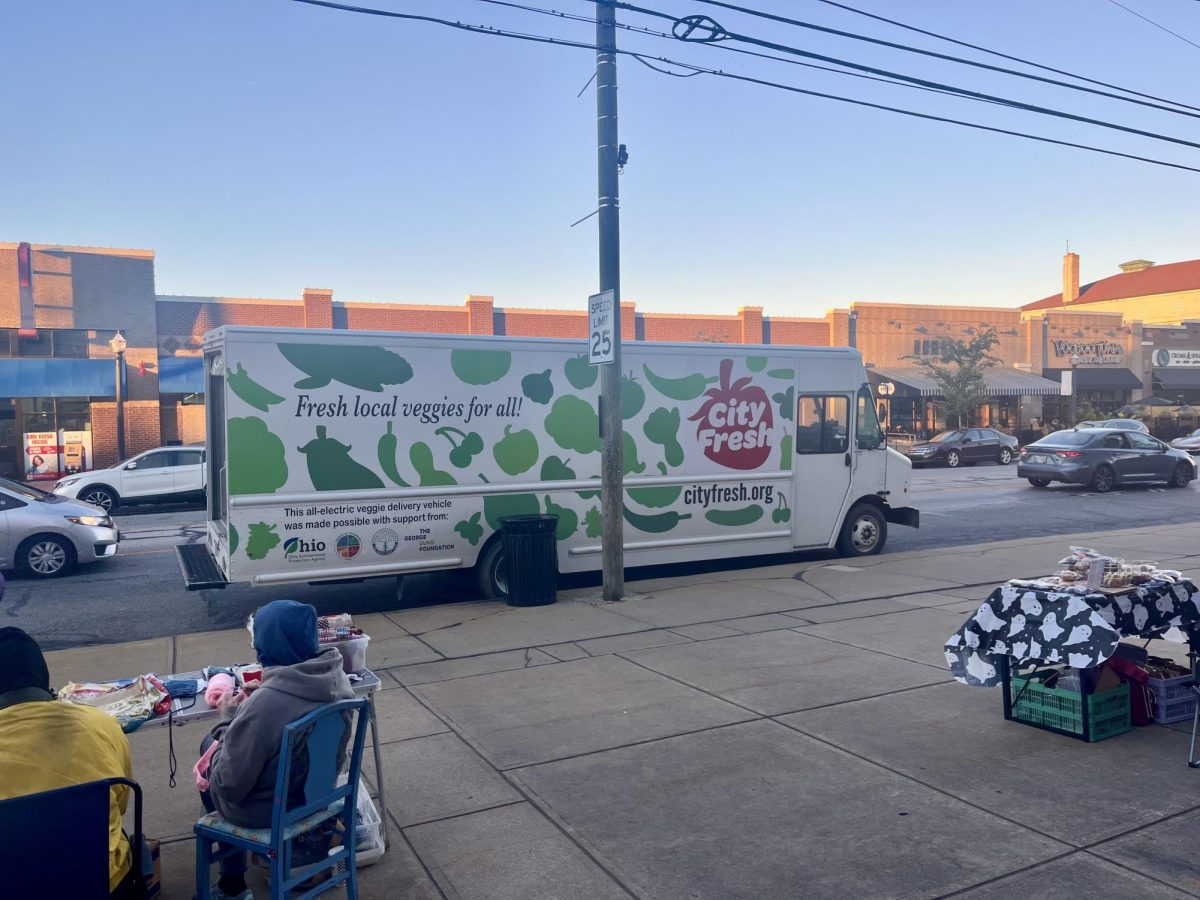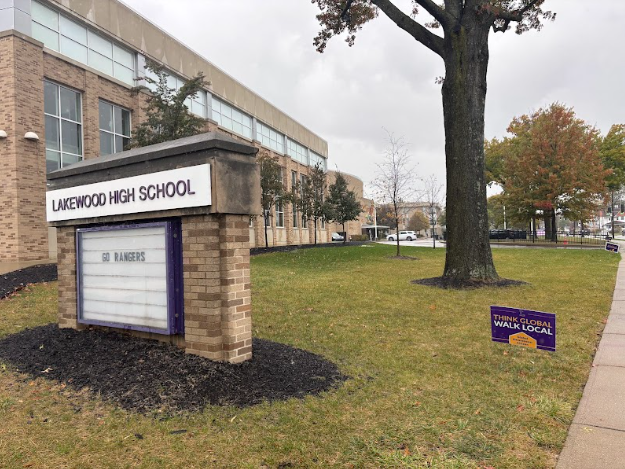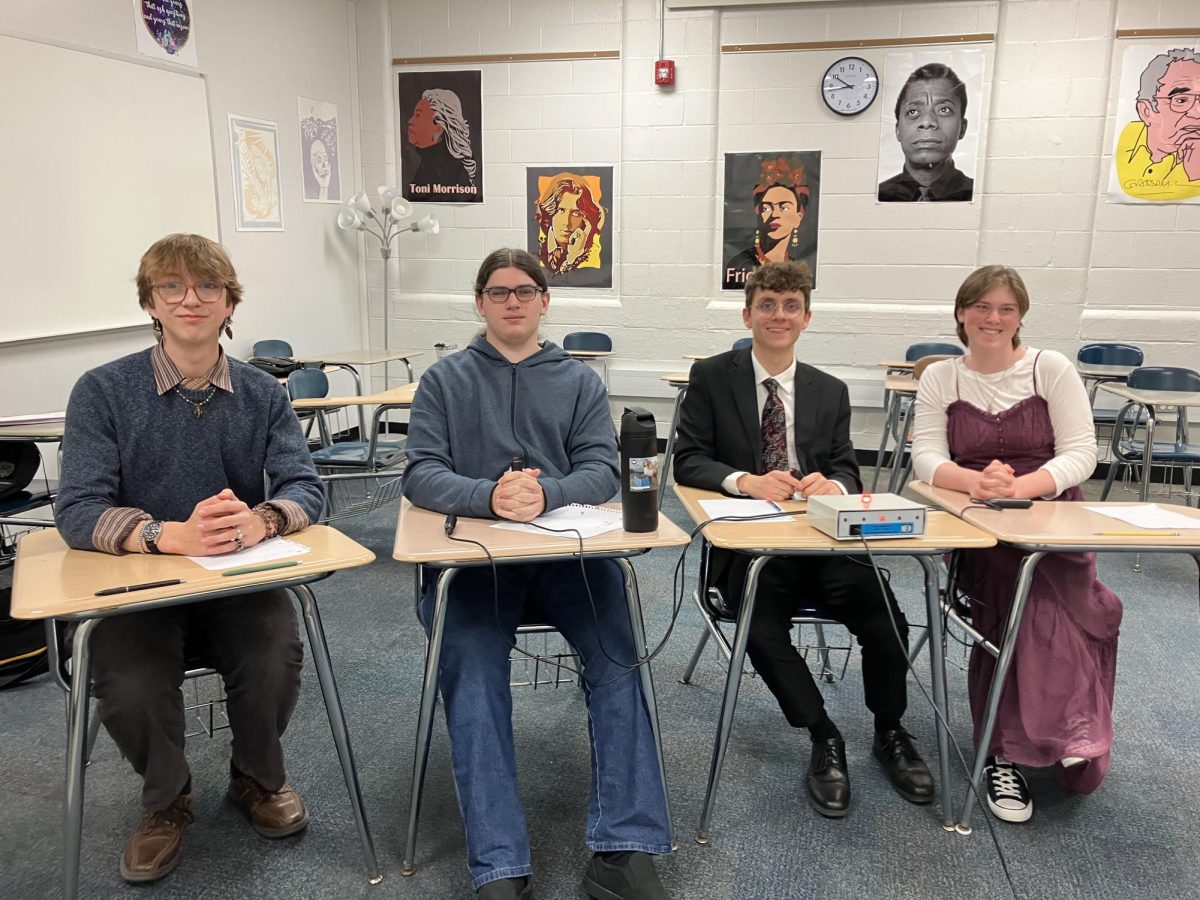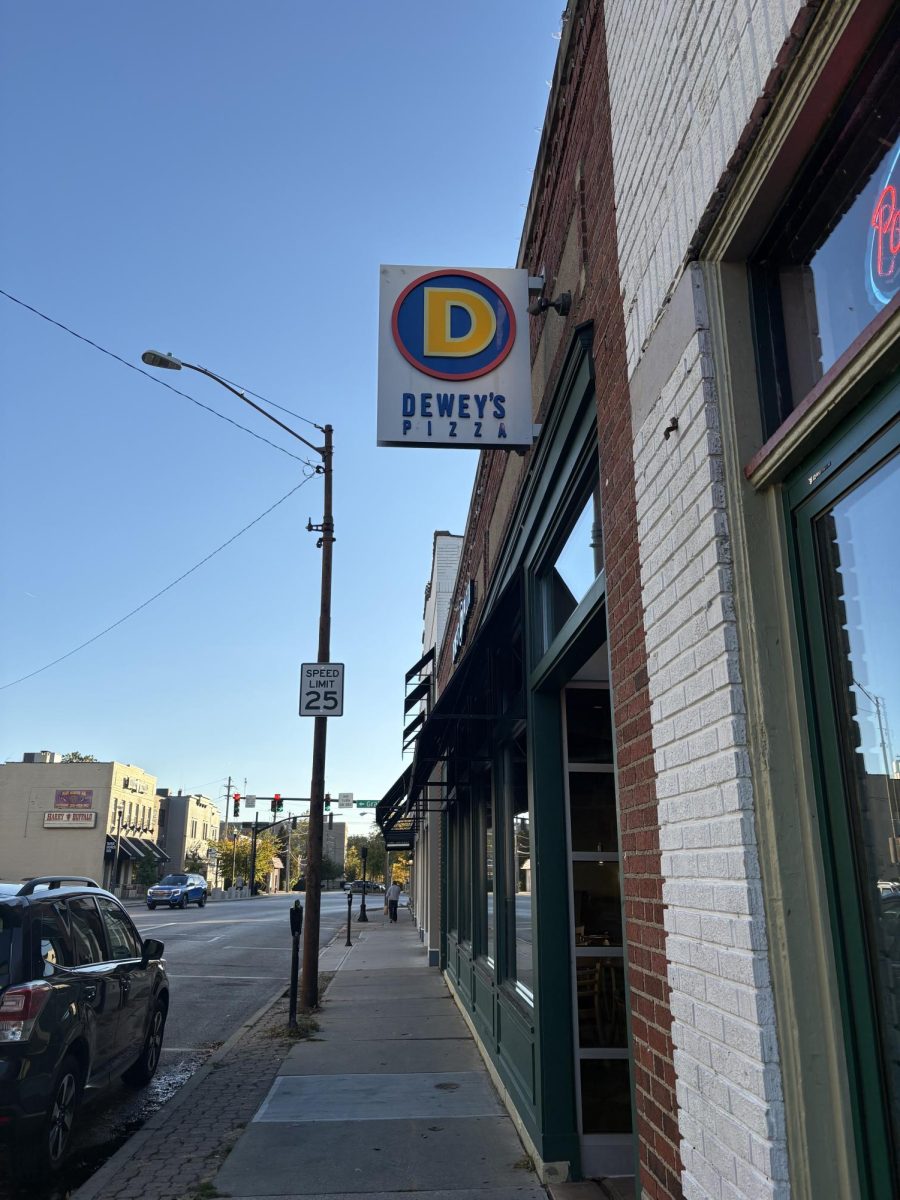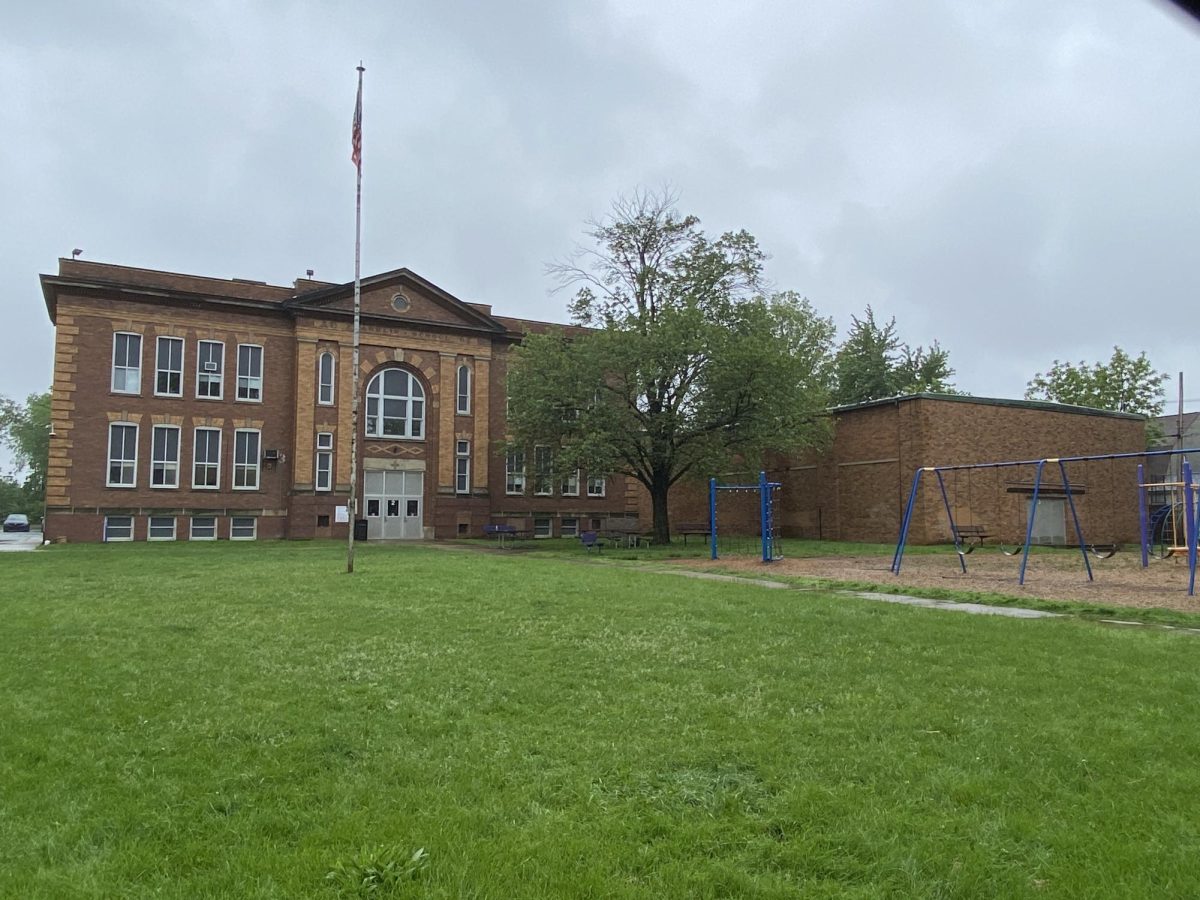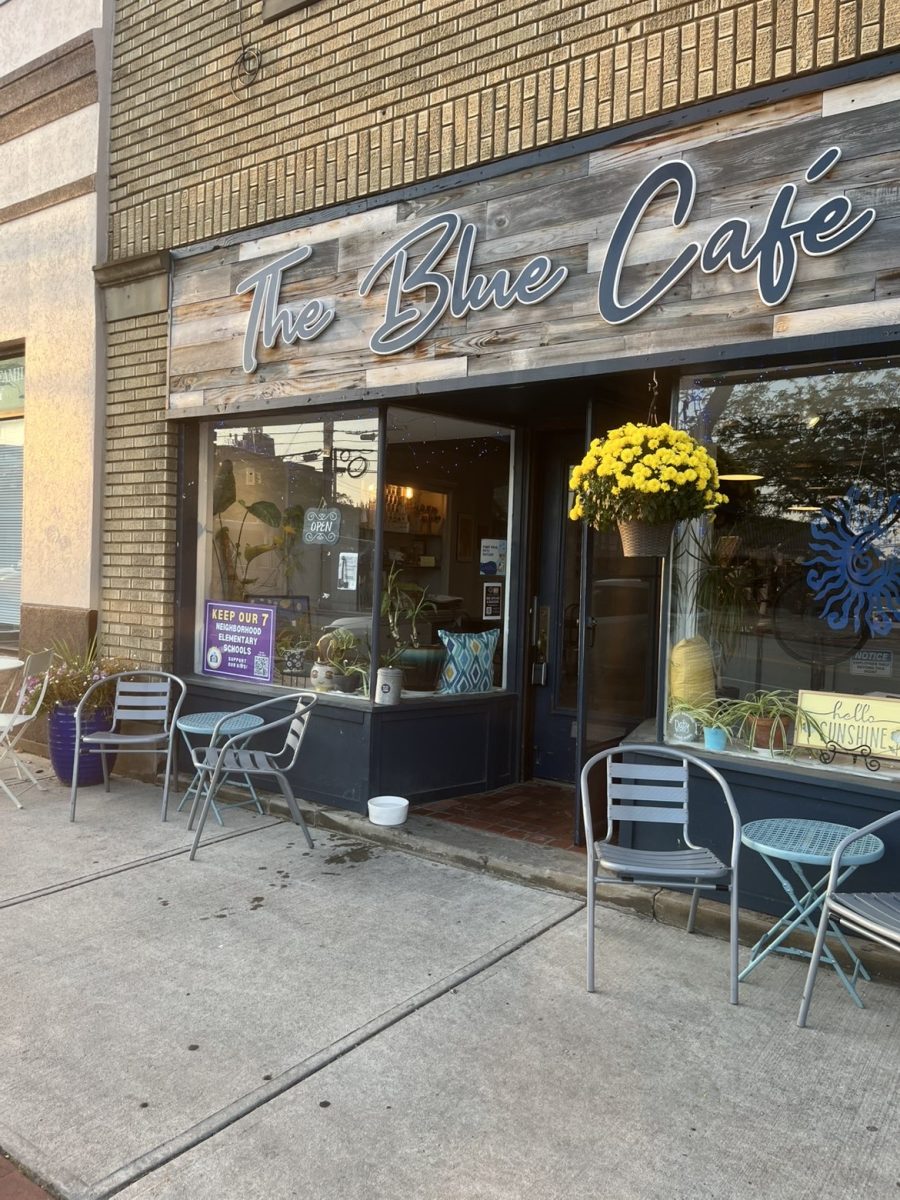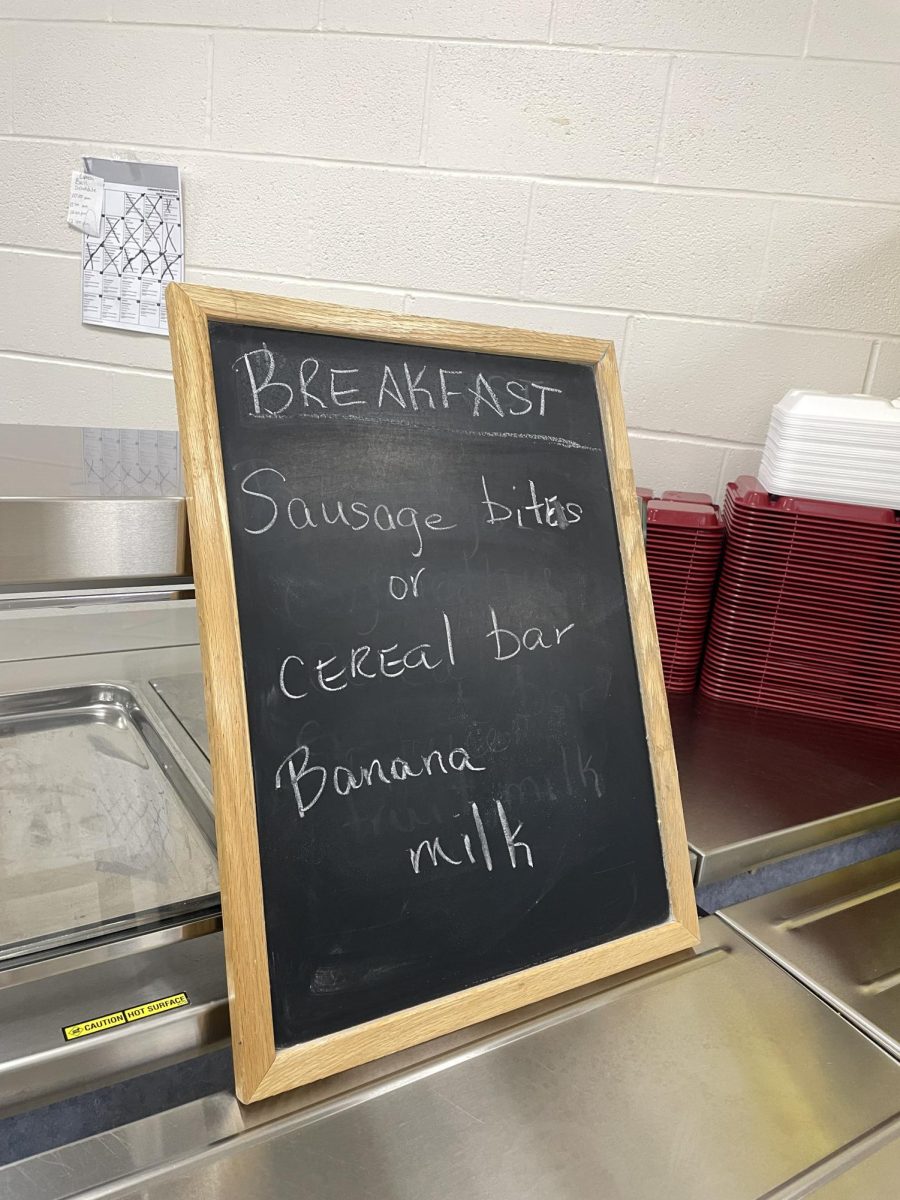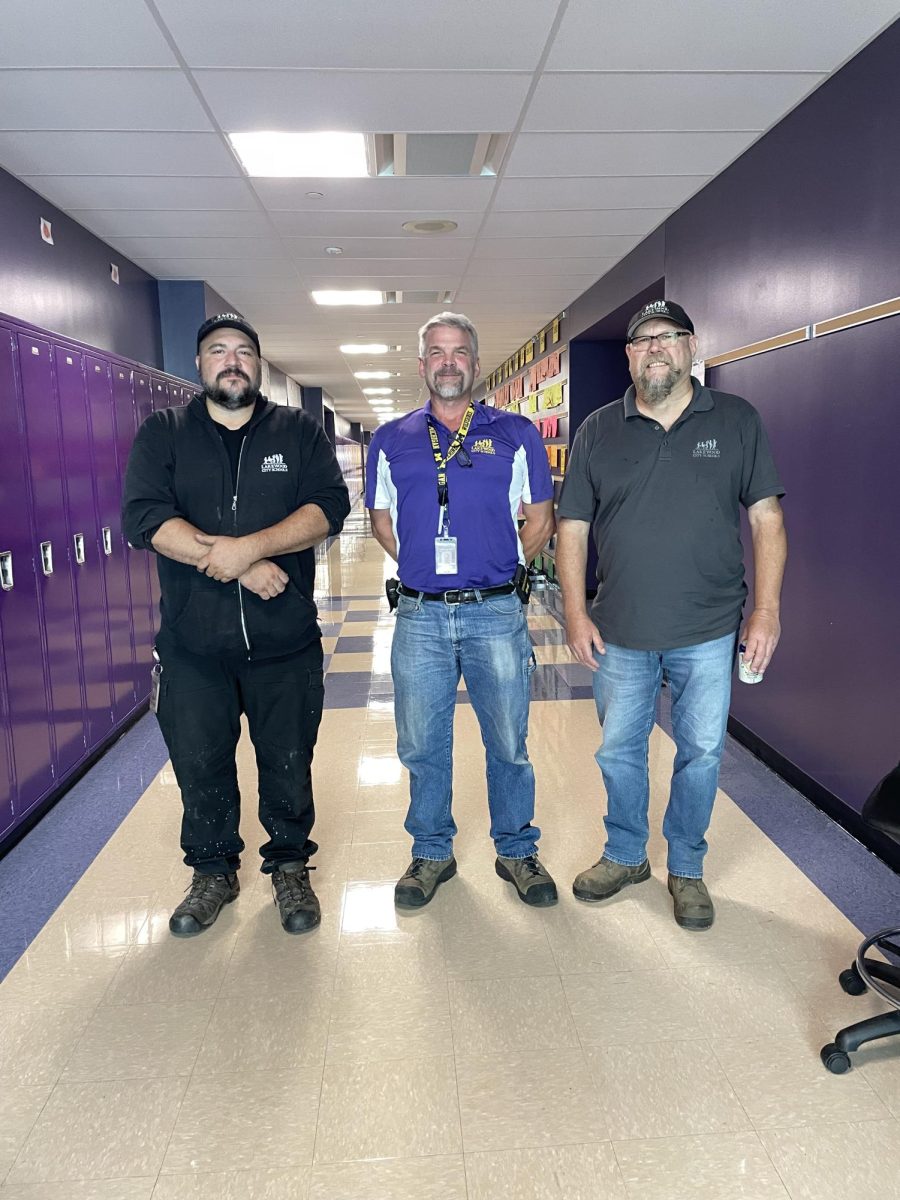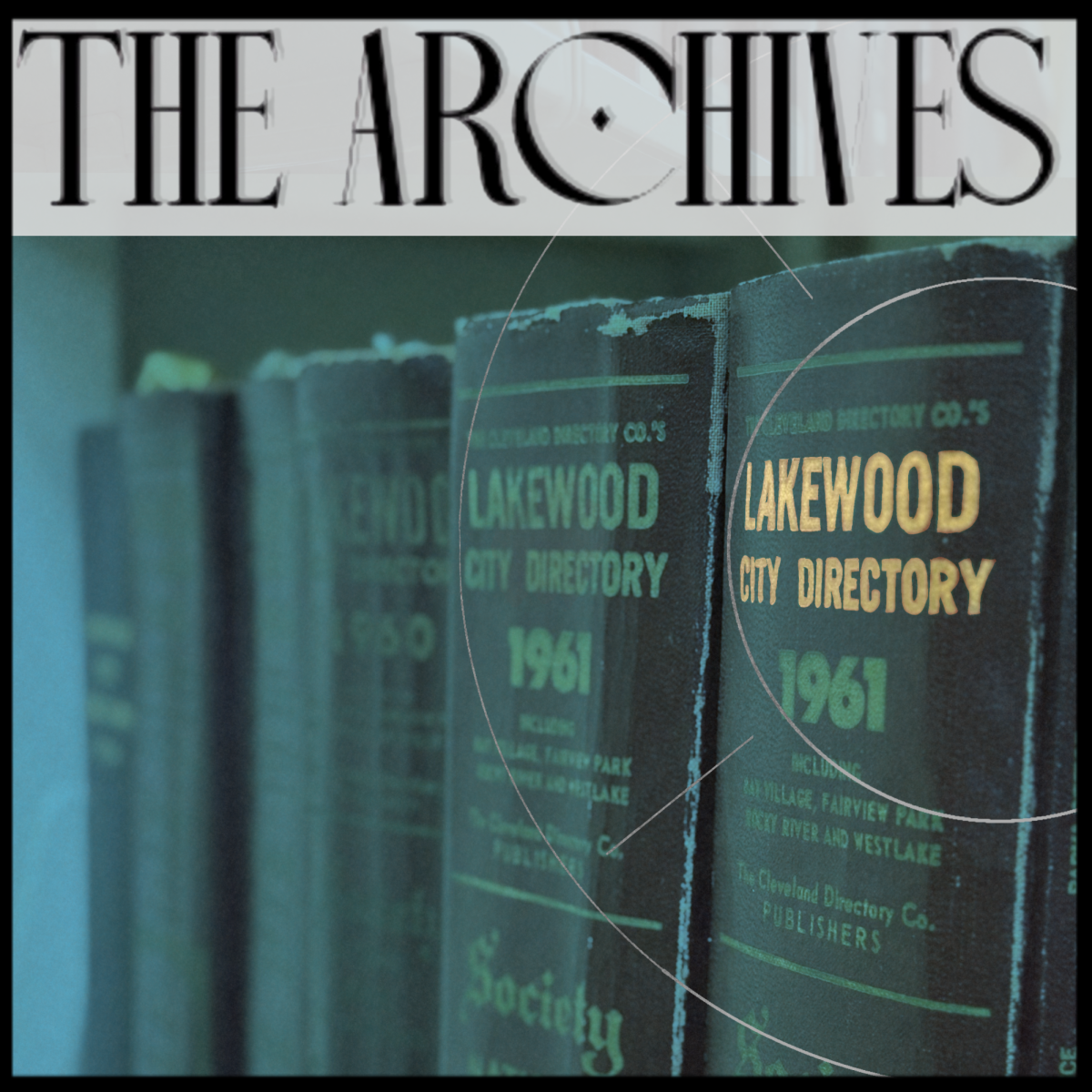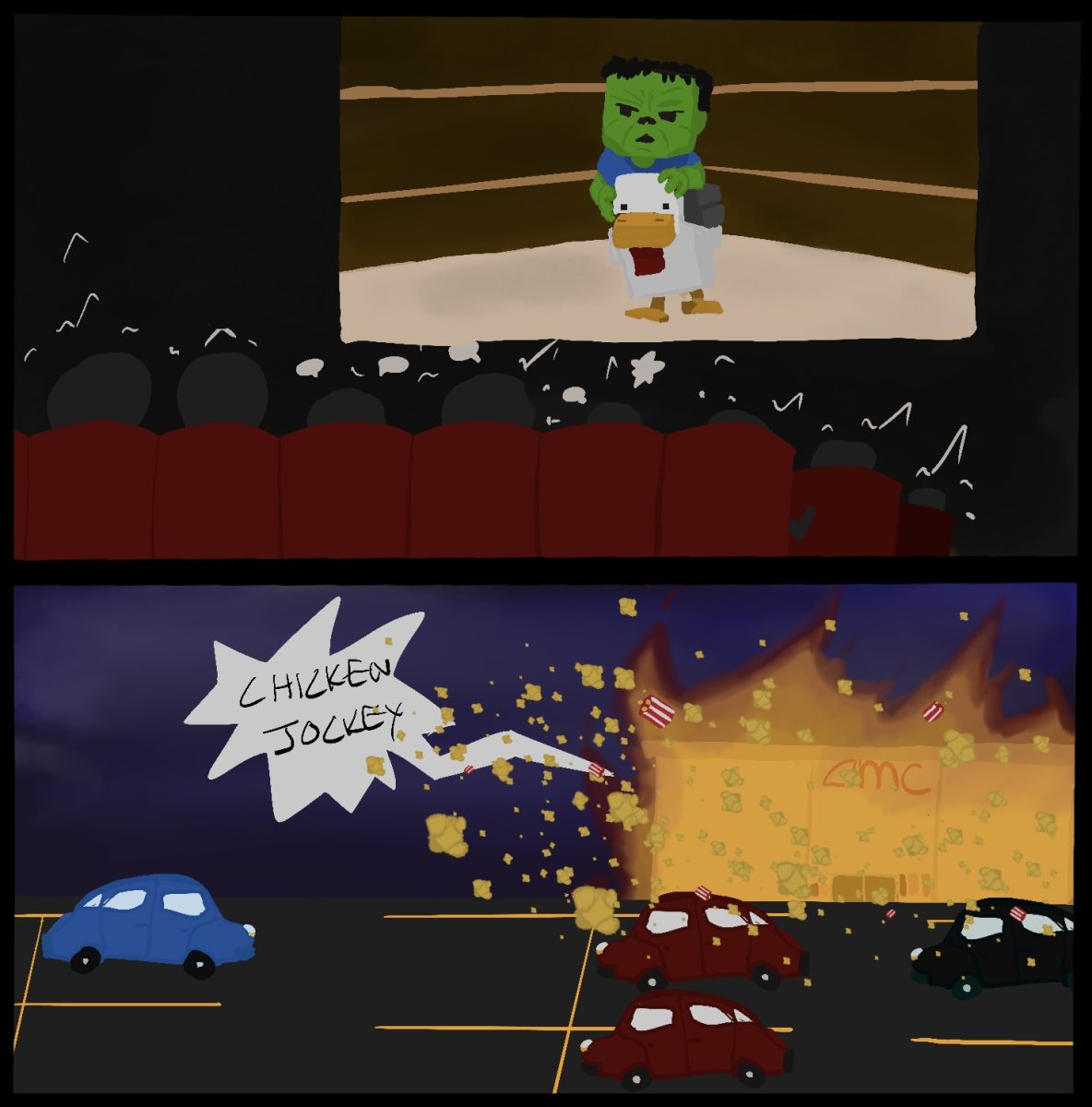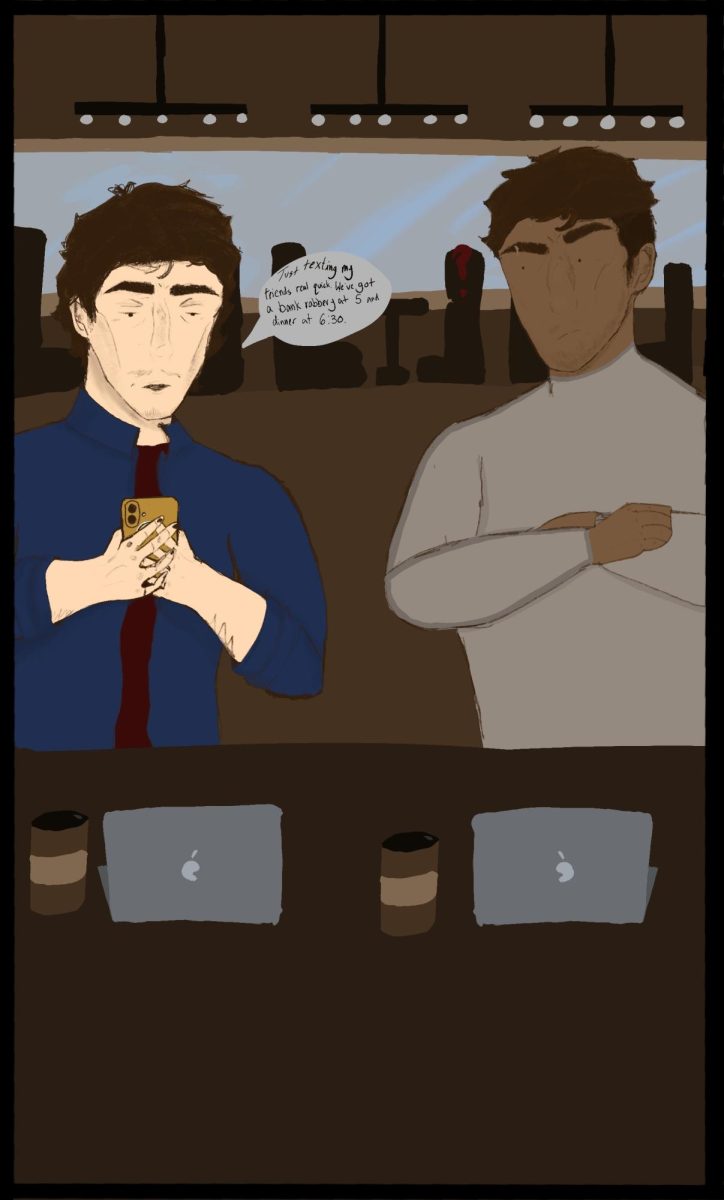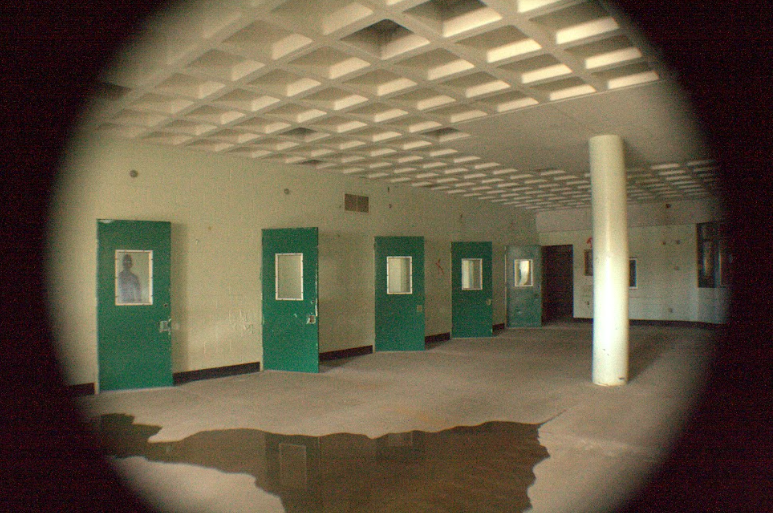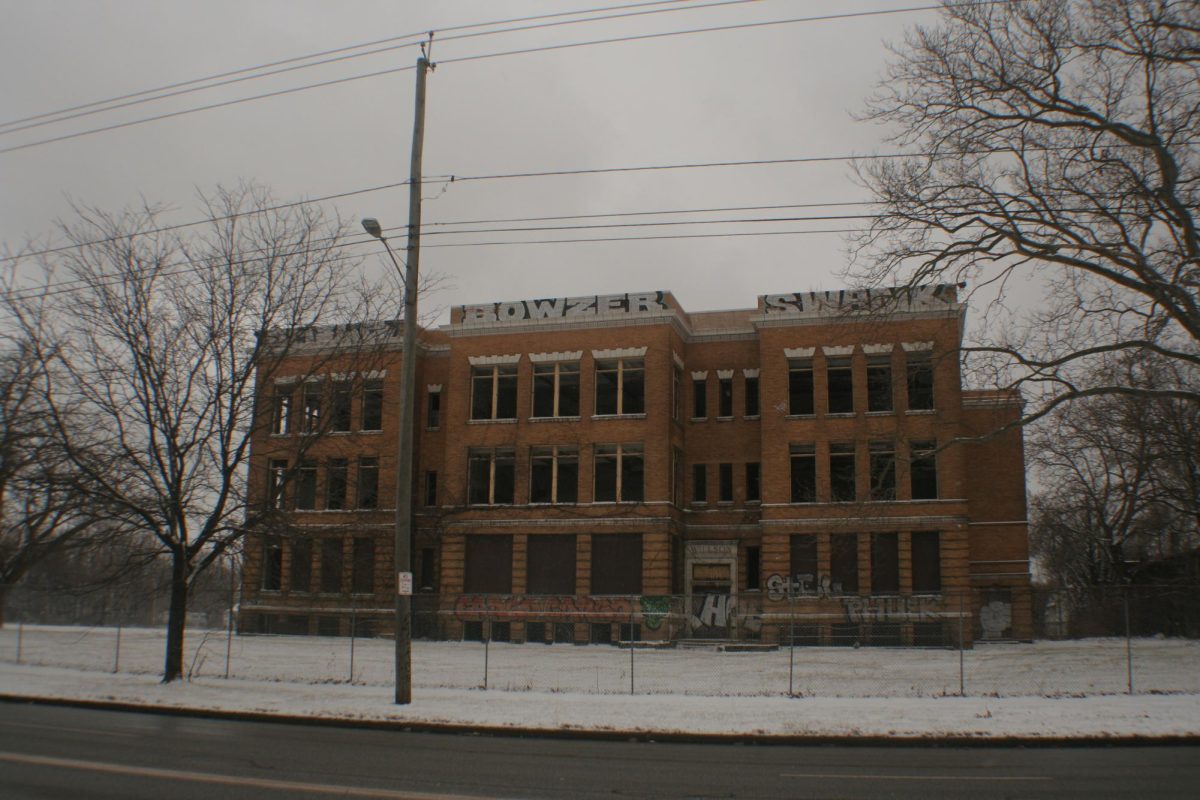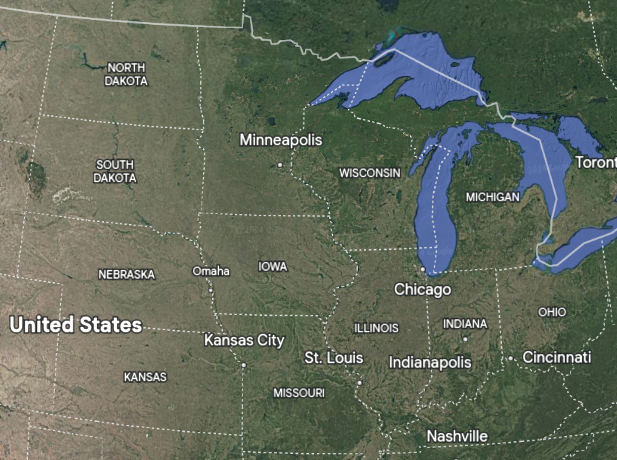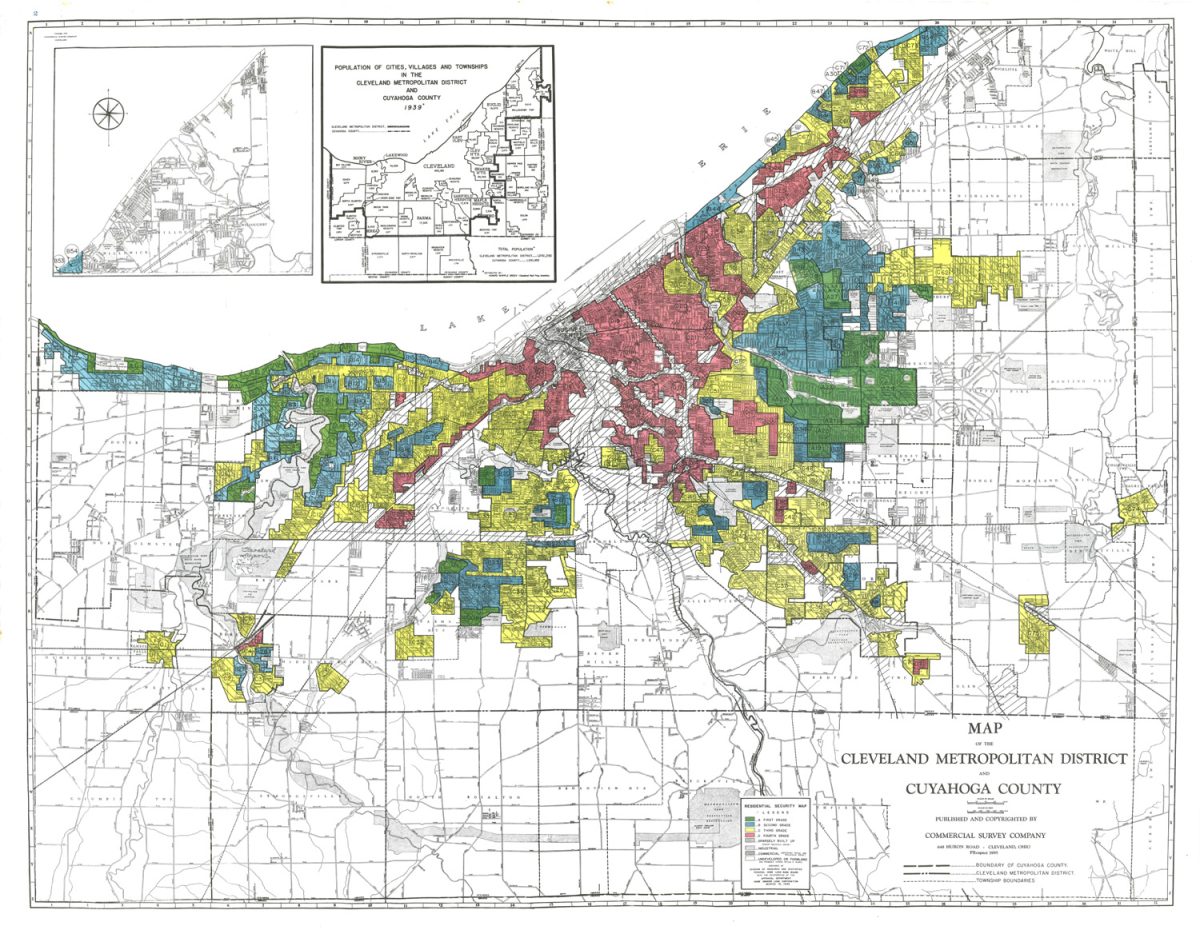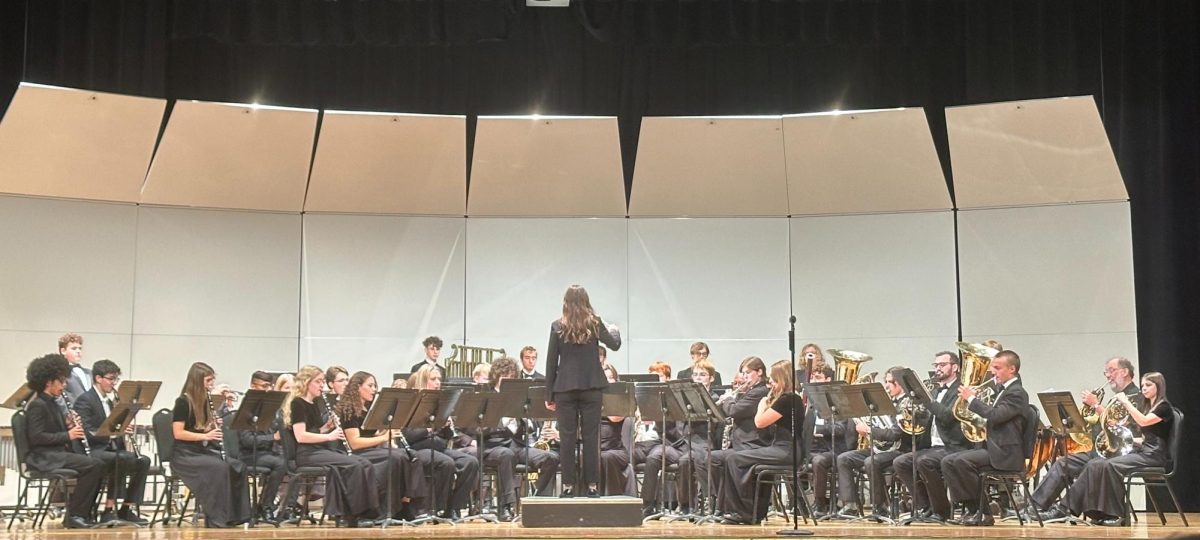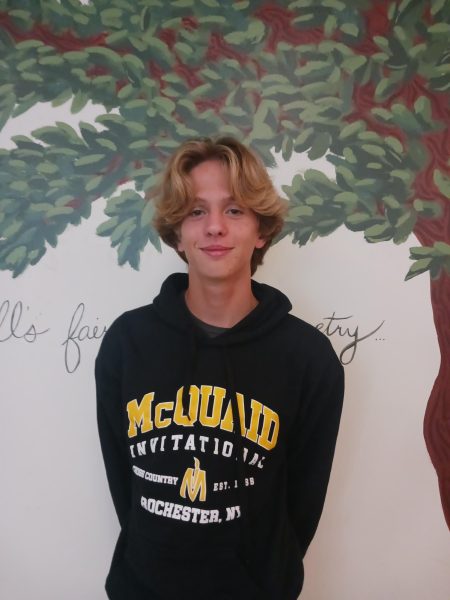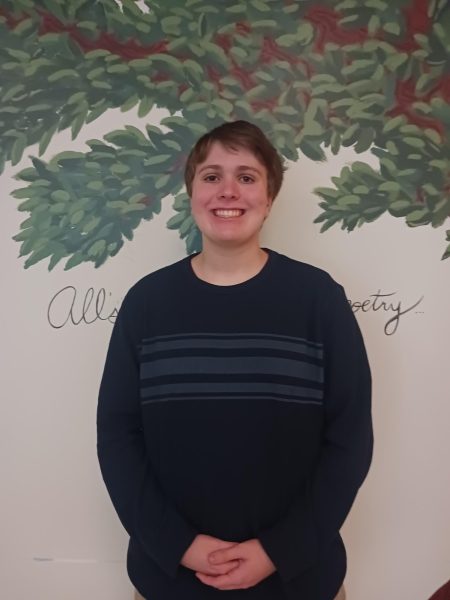At the Oct. 20 school board meeting, members voted 4-1 in favor of Superintendent Niedzwiecki’s proposal to repurpose Lincoln Elementary School into an early education center focusing on preschoolers. After four hours of last-minute deliberation among officials and parents, the school board made its decision, concluding nearly 14 months of consideration.
Before the meeting, a protest was held outside Lakewood High School, where parents, students and children gathered to advocate for a future that keeps Lincoln open.
“There are no clear-cut data points at all that point to this being a good solution for the community,” concerned parent Ken Clunk said. “It seems very haphazardly put together.”
Over the past year, there has been a strong effort in some parts of the district to repurpose an elementary school. The effort is supported by data, including declining student enrollment and population trends. While Lincoln, Grant, and Roosevelt were initially considered, the superintendent ultimately determined Lincoln would be the school targeted for repurposing.
This meeting decided whether the district would move forward with the plan.
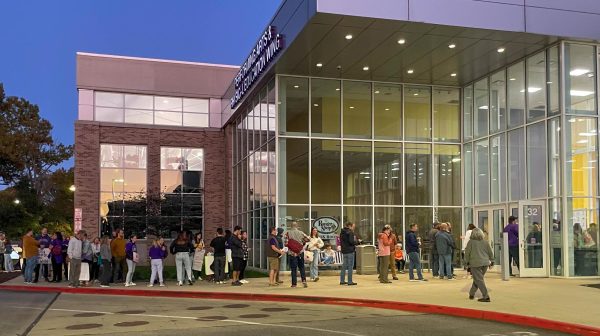
The meeting started at 7 p.m., and the line stretched out the door. Hundreds of attendees arrived, forcing some to sit on the floor or the lower level of the meeting room.
Superintendent Niedzwiecki began by introducing school officials who were there to inform the board and attendees about the benefits of early childhood education, particularly preschool.
Dr. Morgan, Lakewood City Schools Student Services Director, noted, “One of the advantages we have here in Lakewood is that we have an early childhood education program, meaning we have elected to offer equivalent universal preschool.”
After these speakers finished explaining the benefits of early childhood education, the board was opened for questions regarding the presentation.
Board member Lisa Dopman asked, “As previously stated, there might be grants for kids on IEPs. Is there a sliding scale based on income?” Dr. Morgan explained that eligibility criteria had recently changed: “We used to offer a sliding scale because of the early childhood education grant, which Lakewood receives because we offer preschool. [The grant] is used so the local school district can decide eligibility,” she said. “It changed this past year; eligibility is now determined by Job and Family Services.”
After the board’s questions, the floor was open to the public for opinions on the repurposing plan. The segment lasted 112 minutes, allowing many parents to voice concerns.
Since Lincoln is so far on one side of Lakewood, many questions arose about whether parents could get their children to school on time and the potential impact on the city’s overall walkability. Concerned parent Elena McCourt said, “Lincoln students will have a significant increase in walking distance, with some students expected to walk almost a mile and a half — a 44-minute walk to school.”
Concerns about the project’s finances were also raised. Many parents worried that closing Lincoln would lead to higher property taxes and that they wouldn’t recoup their investment. Public speaker Angela Yearger said, “I want us to be vigilant and critically examine campaigns that will end property taxes, defunding public schools with no plan to replace those funds.”
While many speakers voiced concerns, others came out to support the superintendent and her decisions, as well as the school board’s actions. Supportive parent Amy Moore said, “I’m grateful to be a citizen of a community that cares so deeply about the education of its children. We, as a community, elect thoughtful, informed and passionate leaders to represent us and our best interests.”
After community input, the board discussed its final thoughts before moving forward with the vote. During this time, the board asked a few final questions. After four hours of deliberation, the board voted 4-1 to approve Superintendent Niedzwiecki’s plan.
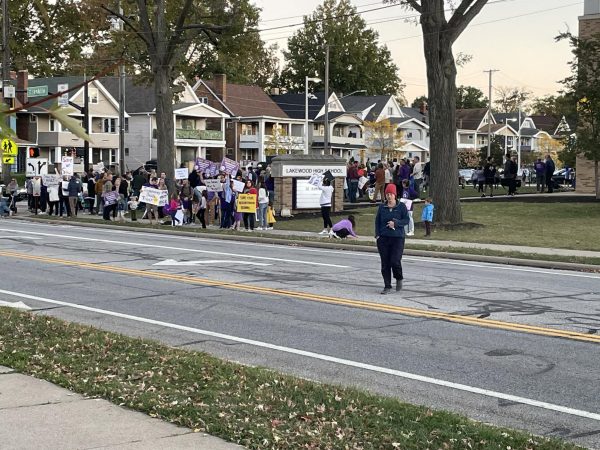
Immediately after the vote, the meeting was adjourned. As attendees exited, some parents, upset with the decision, were heard yelling that the issue was “far from over.”
A statement released by Preserve Lakewood Schools said that “This decision can be reversed” and that “tonight’s vote is not final.” The position is clear to many: while the vote has taken place, this tug of war, ongoing for over a year, is far from a sound conclusion.
Regardless of the outcome, it is evident that, no matter what side one supports, this issue is born out of a commitment to the future of Lakewood as a neighborhood and a dedication to its long-term improvement.
“We have the chance to make there be some peace and kindness, to make our futures a little brighter,” said parent Monica Nessel. “And we can start with our city, for our kids — our kids matter most.”

